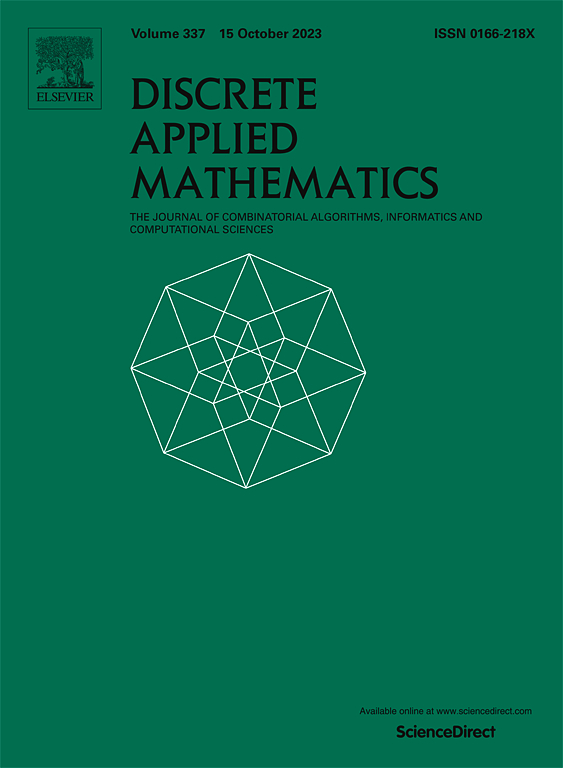On weakly and strongly popular rankings
Sonja Kraiczy, Ágnes Cseh, David Manlove
Abstract
Van Zuylen et al. (2014) introduced the notion of a popular ranking in a voting context, where each voter submits a strict ranking of all candidates. A popular ranking π of the candidates is at least as good as any other ranking σ in the following sense: if we compare π to σ, at least half of all voters will always weakly prefer π. Whether a voter prefers one ranking to another is calculated based on the Kendall distance.
A more traditional definition of popularity—as applied to popular matchings, a well-established topic in computational social choice—is stricter, because it requires at least half of the voters who are not indifferent between π and σ to prefer π. In this paper, we derive structural and algorithmic results in both settings, also improving upon the results in Van Zuylen et al. (2014). We also point out connections to the famous open problem of finding a Kemeny consensus with three voters.


